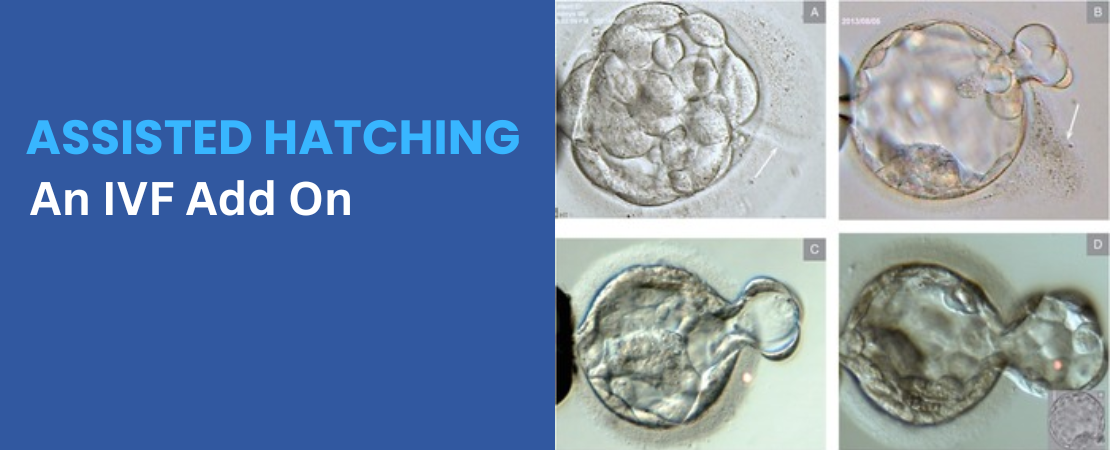HLA compatibility, referring to the matching of Human Leukocyte Antigens between a mother and fetus, can impact pregnancy success by influencing the mother’s immune response towards the fetus, with some studies suggesting that a moderate level of HLA mismatch might be beneficial for a successful pregnancy, while too much matching (high compatibility) could potentially increase the risk of pregnancy complications like recurrent miscarriages or preeclampsia; essentially, a delicate balance is needed for the immune system to tolerate the fetus without aggressively attacking it.
Key points about HLA and pregnancy:
- Immune tolerance:
The placenta expresses a specific HLA molecule called HLA-G, which helps suppress the mother’s immune system and prevent rejection of the fetus.
- Mismatch theory:
Some research indicates that a moderate level of HLA mismatch between mother and fetus can trigger the development of regulatory immune cells, which are crucial for maintaining pregnancy tolerance.
- Potential risks with high HLA compatibility:
Studies have linked high HLA compatibility between partners to an increased risk of pregnancy complications like recurrent miscarriages, preeclampsia, and early pregnancy loss.
Important factors to consider:
- HLA-DR and HLA-C genes:
These specific HLA genes are often studied in relation to pregnancy outcomes, as their compatibility can significantly influence immune response at the placental interface.
- KIR genes:
The interaction between maternal KIR genes and fetal HLA-C can also play a role in pregnancy success.

